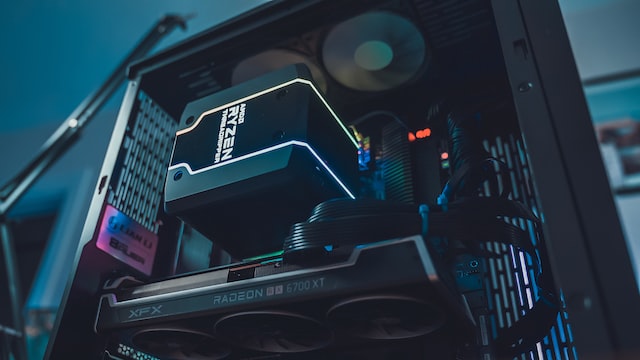
India has seen a rise in interest in quantum computing eventually making the nation a talent hotspot for quantum computing. The fascinating new technology of quantum computing will help to change the world of the future by giving us an advantage and opening us to a world of opportunities. Comparing modern conventional computing systems to quantum computing reveals how fundamentally different these two methods are for information processing. Quantum computers use quantum bits to perform calculations, unlike today’s conventional computers, which store information in binary 0 and 1 states. Unlike a bit, which can only be a 0 or 1, a qubit can be in a variety of states, allowing for exponentially bigger calculations and the possibility to solve complicated problems that are beyond the power of even the most advanced classical supercomputers.
The Quantum Mission
The Indian government is now preparing to launch the long-awaited Rs 8,000 crore Quantum Mission to increase its capabilities in the rapidly expanding field of quantum computers, two years after it was first announced. The Department of Science and Technology will be in charge of the National Mission on Quantum Technologies & Applications (NM-QTA). The mission will focus on developing knowledge in the quantum frontiers, which will be crucial for national security, as well as the development of new materials, quantum sensors, quantum computers, quantum chemistry, and quantum communication.
Future of Quantum Computing
Quantum computing is another technology that has sparked a global race among nations and businesses to enter and take the lead in the rapidly expanding artificial intelligence sector. Quantum computing is expected to revolutionise everything for the globe, notably in terms of national security and giving an “unhackable” channel of communication, with a computing capability that exceeds that of the most powerful computers already in use. As a result, it is urgent to simultaneously increase quantum computational capacity, learn how to construct and operate a quantum computer of reasonable size and cost and continue research into the realisation of various practical applications.




